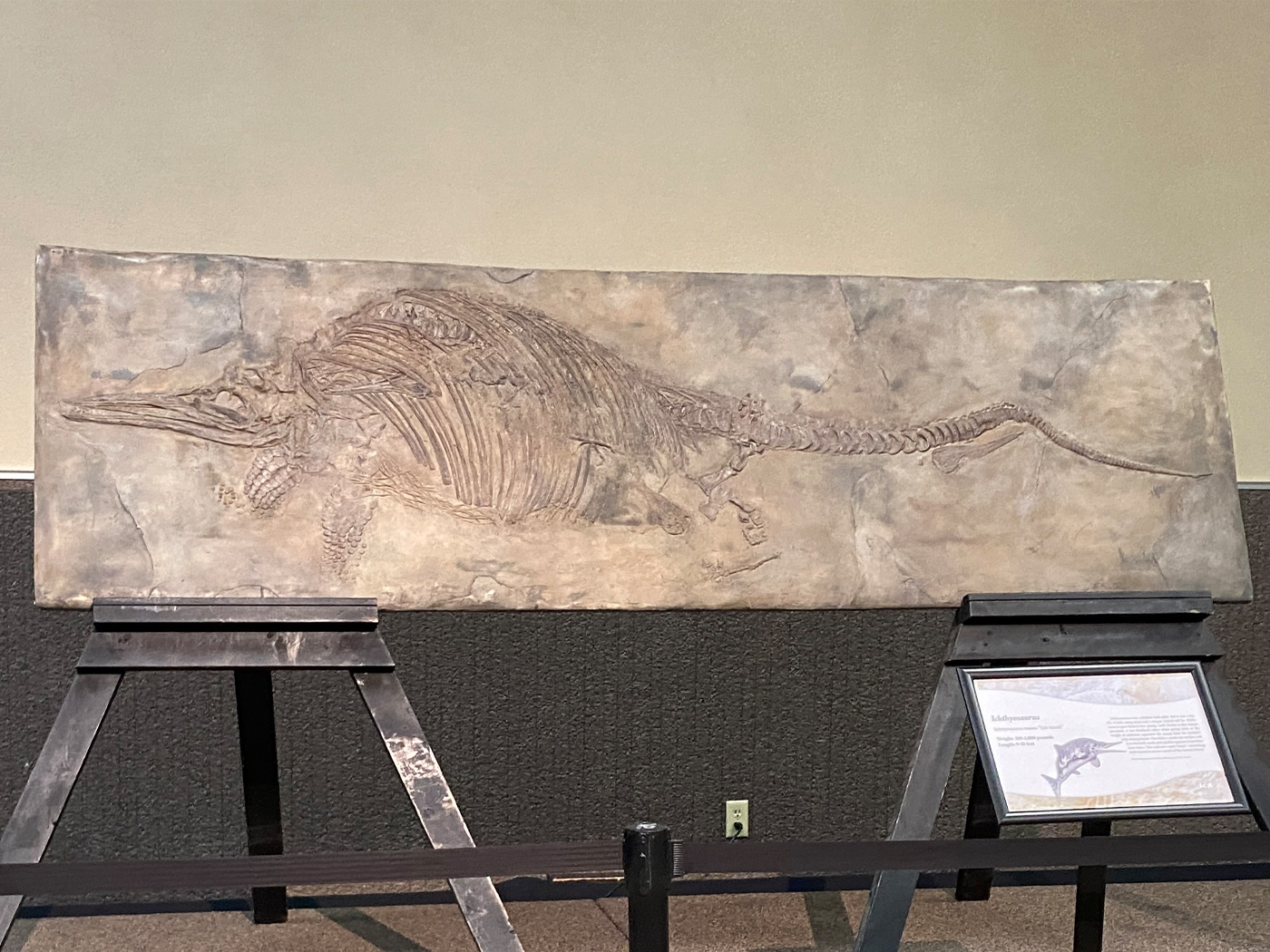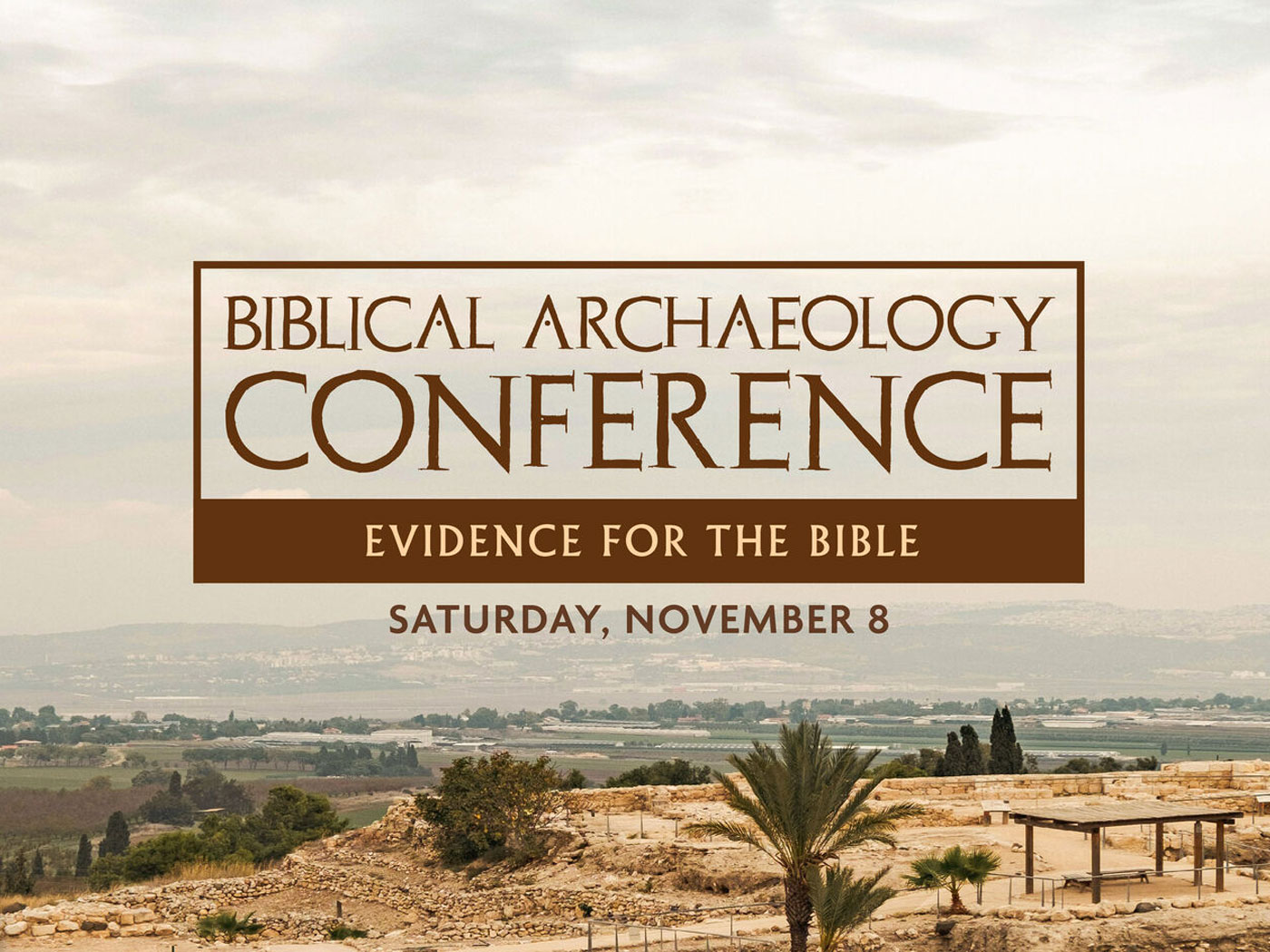Search Tools
New Defender's Study Bible Notes
Introduction to Habakkuk
The book of Habakkuk indicates an author of deep spirituality and great concern for the holiness of God. In his third chapter, an eloquent poetic prayer expressing great faith in the ultimate vindication of God’s righteousness, he calls himself “Habakkuk the prophet,” and this is one of only two cases (Haggai 1:1) where one of the canonical prophets so identifies himself.
Otherwise, little is known about Habakkuk personally. He was evidently a contemporary of Jeremiah, in the closing years of Judah’s partial independence before the Babylonian exile. He clearly predicted the imminent Babylonian invasion and captivity (Habakkuk 1:5-11). His ministry was probably in the turbulent years just following good king Josiah’s death.
It is in Habakkuk that the famous assurance that “the just shall live by his faith” first appears (Habakkuk 2:4). This verse was quoted three times in the New Testament and eventually became the watchword of the Protestant Reformation under Martin Luther.
1:1 Habakkuk. “Habakkuk” (meaning “embracer”) prophesied in Judah shortly before the Babylonian invasion, and probably soon after the death of good king Josiah. He both warns of the coming Babylonian subjugation of Judah because of her quick descent back into apostasy and wickedness after the revival under Josiah, and also prophesies the ultimate judgment on Babylon.
1:5 ye will not believe. Compare this verse to Isaiah 53:1, which similarly marvels at the inexcusable unbelief of the children of Israel at the great work of God. This unbelief will be especially manifest when they are dispersed “among the heathen.” The work of God which they reject is nothing less than the sending of His own Son to die for their sins, then rise again. See Acts 13:41.
1:6 Chaldeans. The “Chaldeans” are the Babylonians. Originally the Chaldeans proper occupied only southern Babylonian, where Abraham’s initial home had been (“Ur of the Chaldees”), but they soon came to dominate the whole region once controlled by Assyria. Under Nebuchadnezzar (605–562 B.C.), they developed the world’s greatest empire at that time.
1:6 breadth of the land. After conquering Assyria, the Babylonians, in the process of extending their empire into Egypt, also marched through the land of Israel, eventually besieging and sacking Jerusalem, carrying its leaders into Babylonian exile.
1:10 heap dust. “Heap dust” refers to the strategy of building a long ramp up to a city’s wall, enabling them to scale the wall and capture the city.
1:11 his god. The chief “god” of Babylon was Marduk (or “Merodach”), a name probably evolving through the centuries from Nimrod, Babylon’s great founder, who had been essentially deified by his descendants.
1:12 from everlasting. The God of Israel is the one eternal God, the Creator, in contrast to the “god” of Babylon and all other mere deified men, or angels, or personified forces of nature.
1:12 judgment. Even though the Chaldeans were a powerful nation, they lasted only for a time. God would eventually judge them for their wickedness.
1:13 look on iniquity. Note Matthew 27:45-46. God had to veil the earth in darkness when His Son was “made sin” on the cross for us. But it was a problem for Habakkuk, as for many since, that God would punish sin in His own people by means of those even more sinful.















